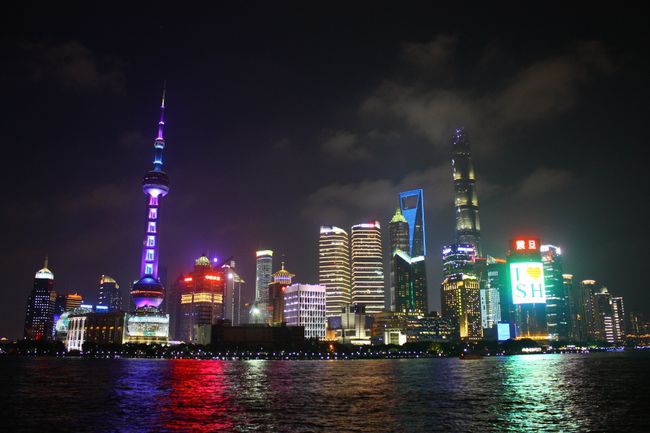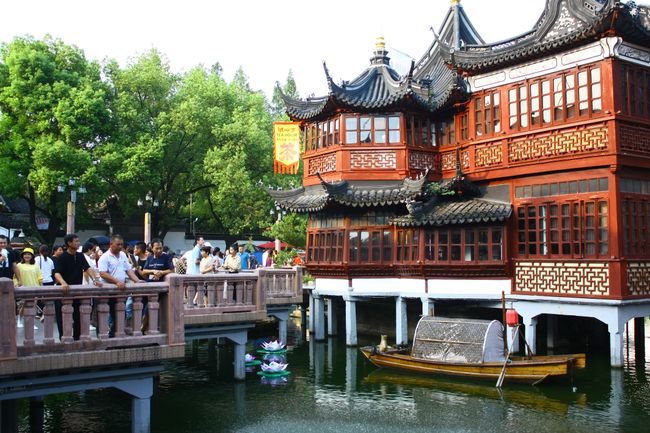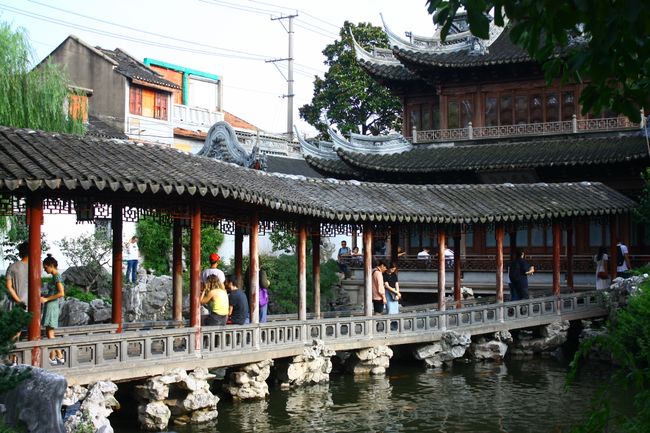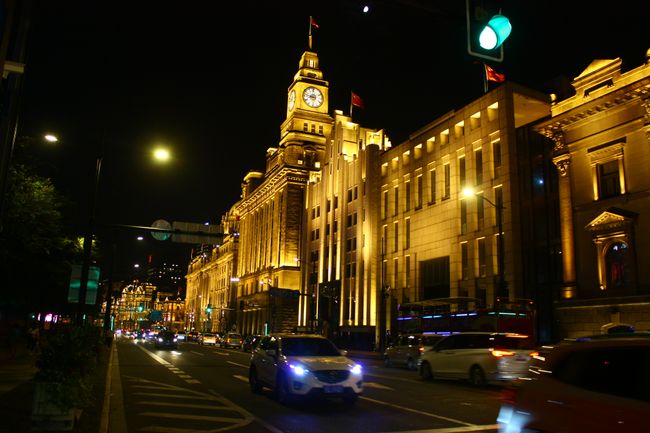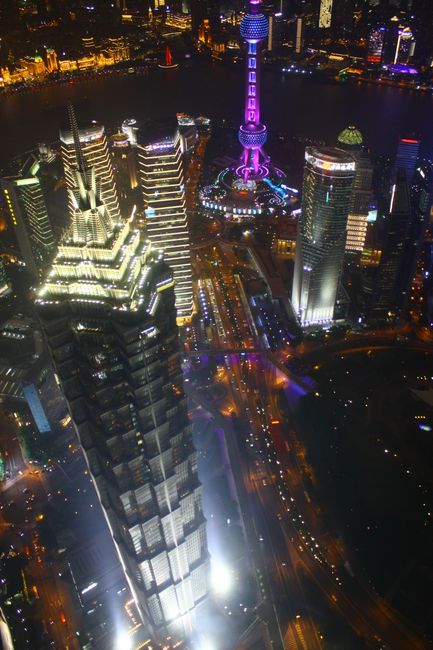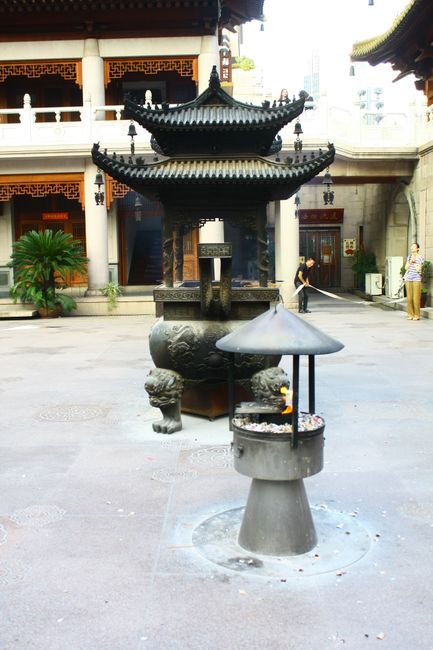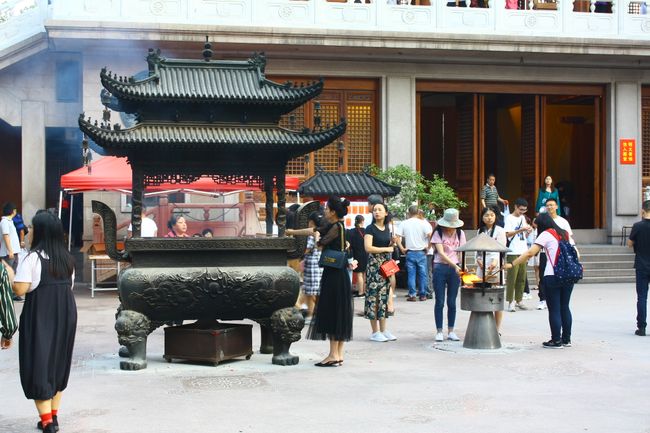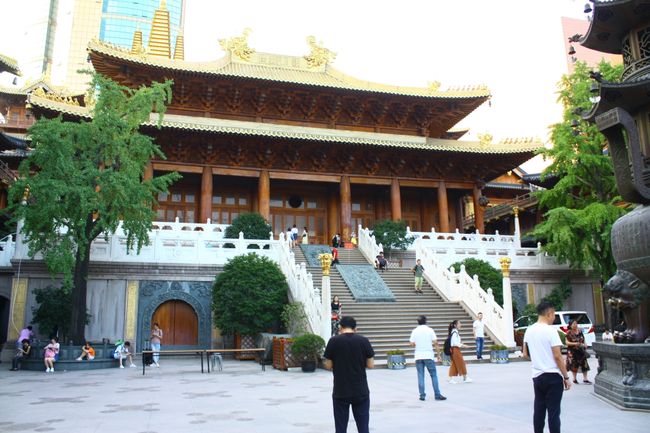The first month in Shanghai
ప్రచురించబడింది: 21.09.2019
వార్తాలేఖకు సభ్యత్వాన్ని పొందండి
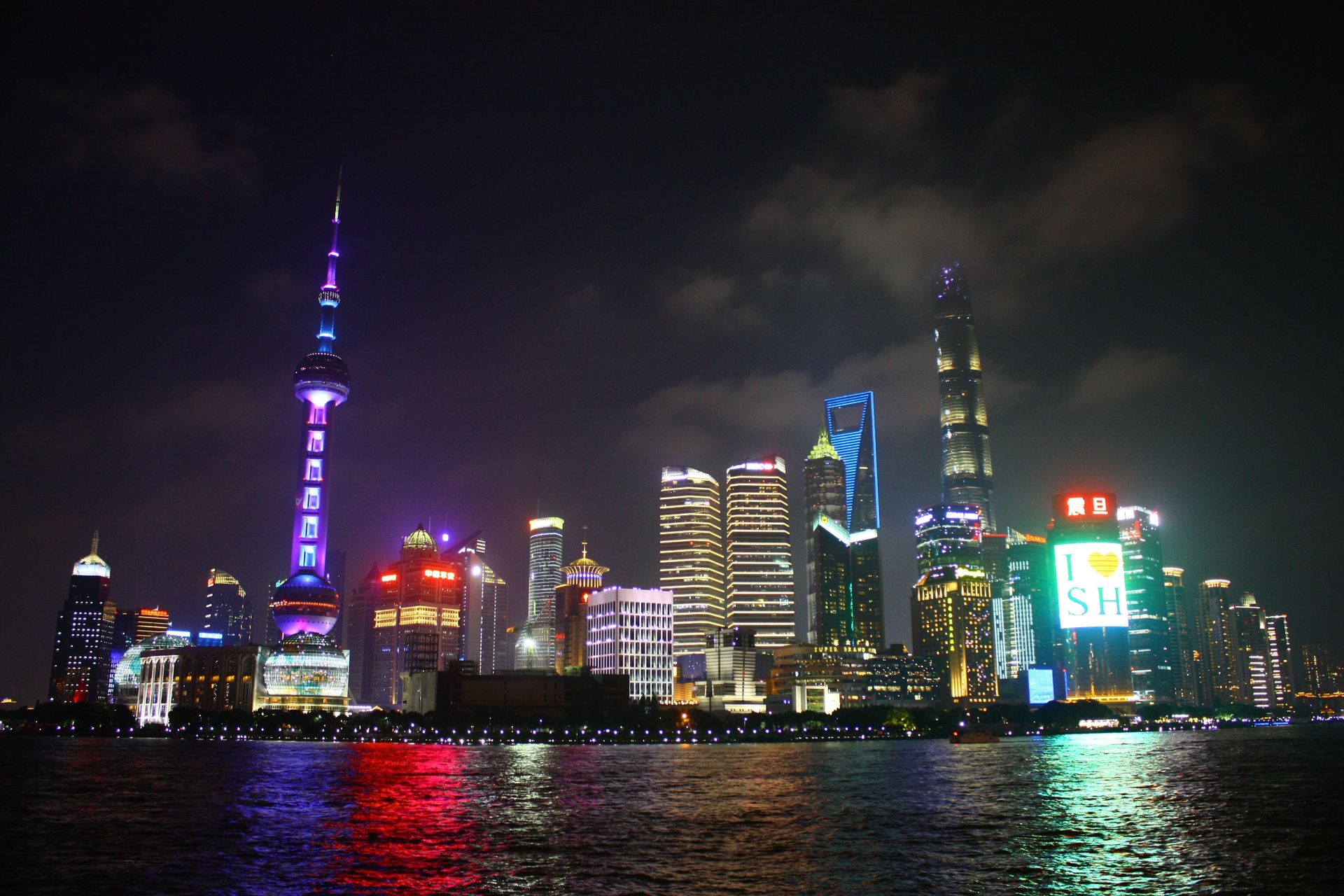
Hello everyone,
After almost a month in Shanghai, it's time for me to write down my first experiences and impressions here before I forget them. Many people wonder (especially because of the current media reports) what it's like to live in China or in my case Shanghai. The short answer would be VERY good! As you generally don't have to worry much about the political situation, you have a lot of time to focus on the beautiful things in life. In China, that is clearly consumption. But I have to admit that it's really nice when you don't get annoyed with your own government every day. Of course, everyone may have their own views on how things are going here, and my lecturers don't always have the same opinion as us students, but in general, they communicate quite openly and honestly with us. Even on critical topics.
There is a Chinese professor who got his education while in prison (during the Cultural Revolution in the 1970s). After serving his sentence, he was offered a doctoral position in the United States ;). But the China back then is not the same as the China today (from my experience).

Prejudices and lived reality:
1. Chinese people are loud: Yes, but not louder than a group of Southerners and not always
2. Chinese people spit everywhere: During the day, I may encounter 1-2 people who do that
3. The Party monitors everything: Indeed, you are filmed everywhere. I suspect that my phone is constantly broadcasting as well. But as long as you behave according to the rules, nothing bad will happen to you.
Positives: I have rarely felt as safe anywhere else as here! The police don't carry weapons either.
4. Communism is bad: I think this category is too extensive, and I am still learning new things every day at university, which leads me to the preliminary judgment that things are going EXCEPTIONALLY well here. Yes, the Party sometimes takes measures that appear very questionable and unfair from our perspective. But the Chinese view this relatively objectively because they understand that sacrifices have to be made in order to move a country with 1.4 billion people economically and socially forward. Moreover, there is a really well-thought-out system here for how to reach the top of the Party. In principle, you can imagine it like a large corporation. You start small at the local level, and over time you manage larger and larger districts or provinces. If you prove yourself there (measured by economic growth), the evaluations given to the people being interviewed are positive, and if, as could be expected, you follow the principles of the Party, you can make it to Beijing or even become the Party leader. But this path takes a VERY long time, about 25-30 years. So, at the very least, you could say that the Chinese Party leadership seems slightly more qualified than ours ;).
Definitely read more about this topic here!!!
Or watch it here too!!!
https://www.ted.com/talks/eric_x_li_a_tale_of_two_political_systems#t-3326
Ghost towns and economic nonsense:
However, there are of course shadows among all this light. For example, short-term investment projects are undertaken because a term in office is only 4 years and one wants to achieve economic growth goals. This results in sometimes absurd projects, such as building an airport specifically for an air conditioning manufacturer in a city. Of course, within 1-2 years... Or there are ghost towns where NO ONE lives.


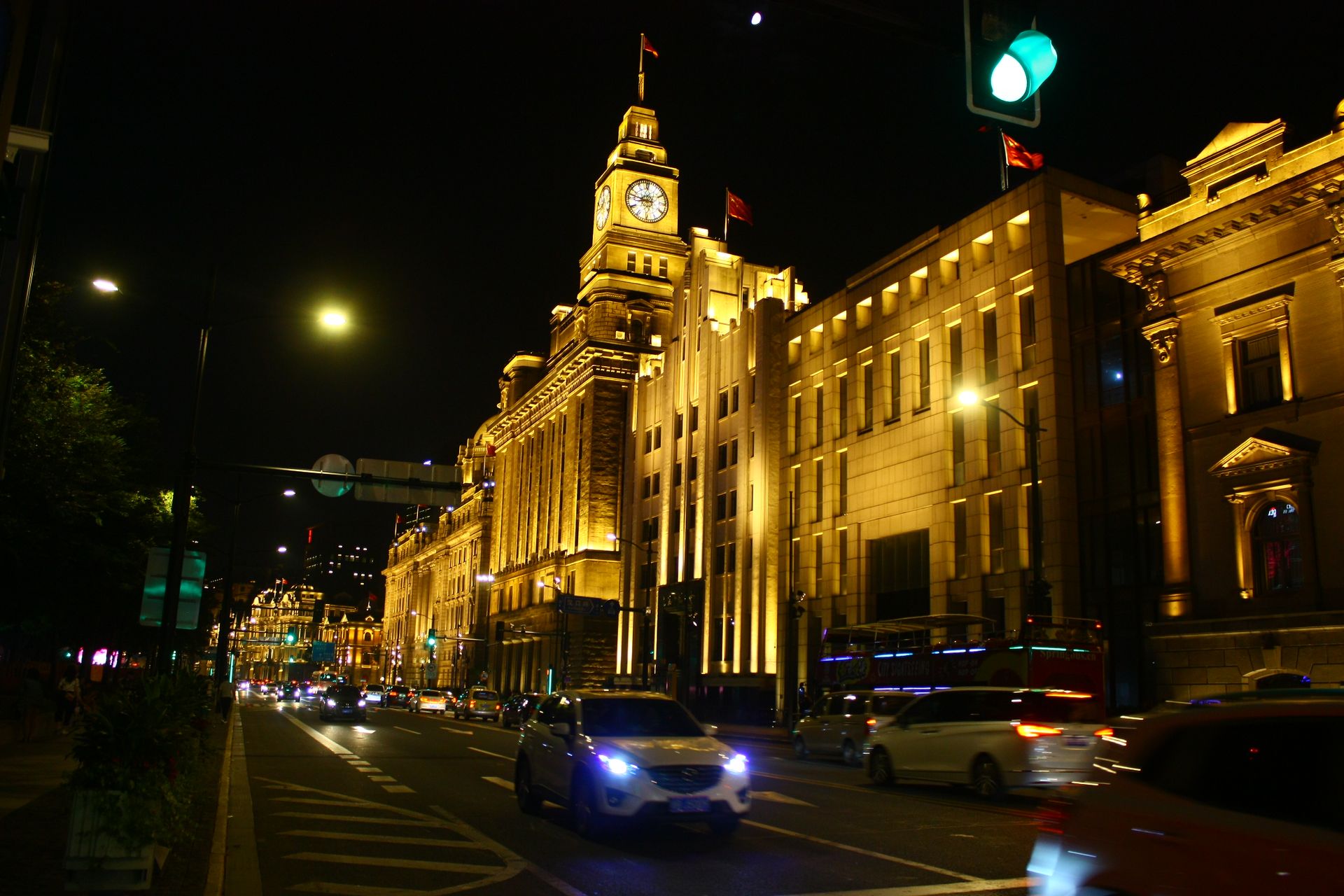
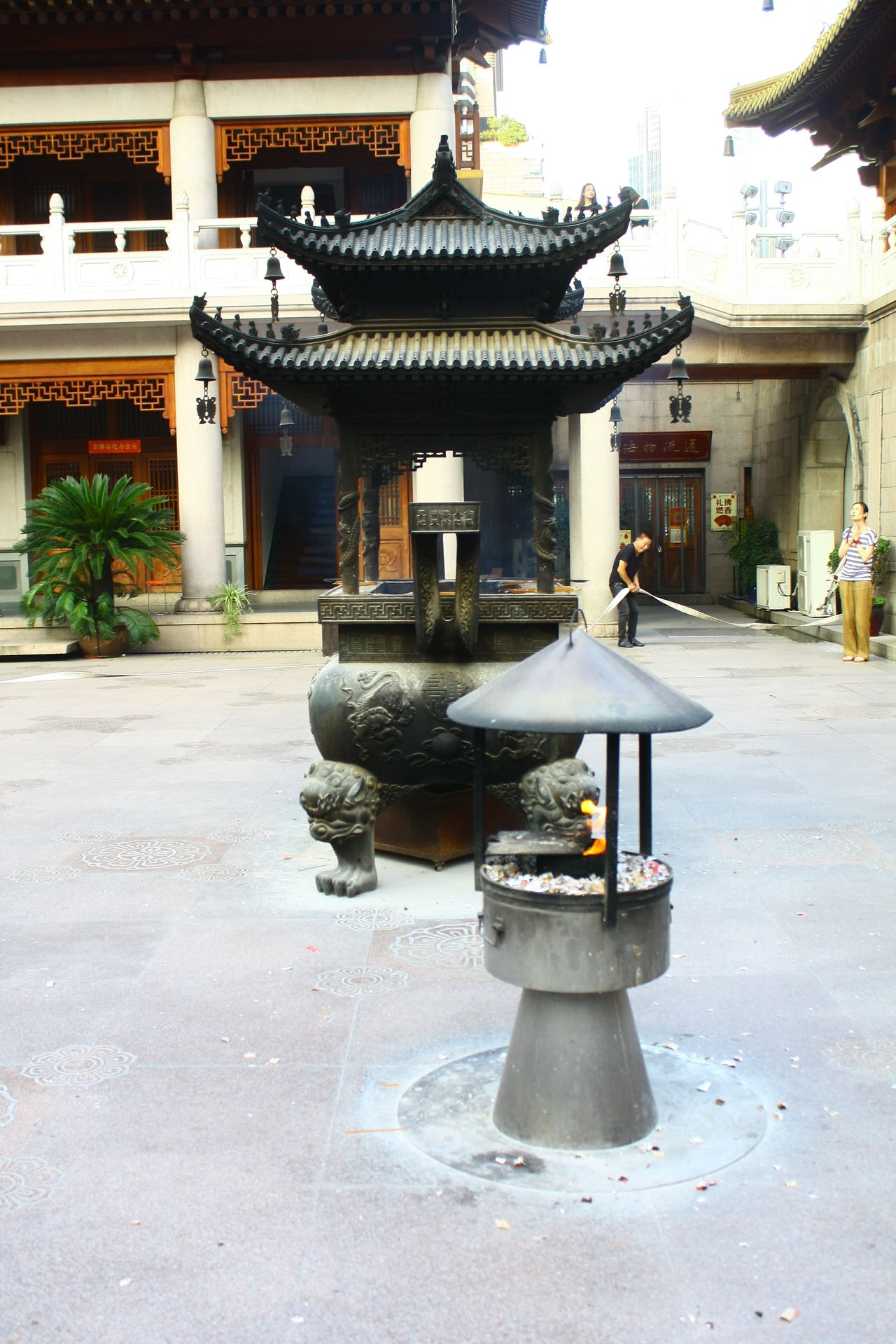

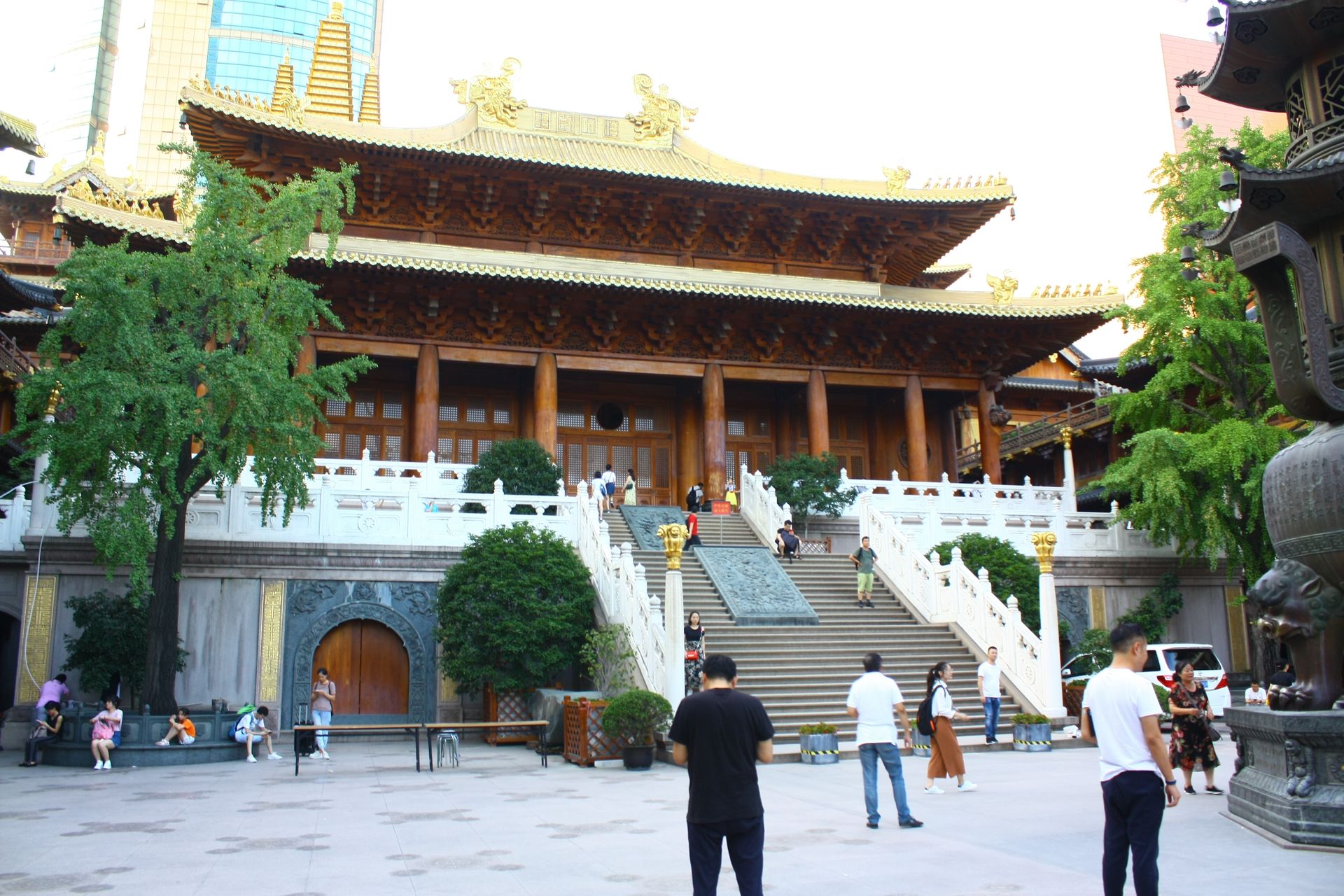


A few more impressions of the past days :)
వార్తాలేఖకు సభ్యత్వాన్ని పొందండి
సమాధానం


